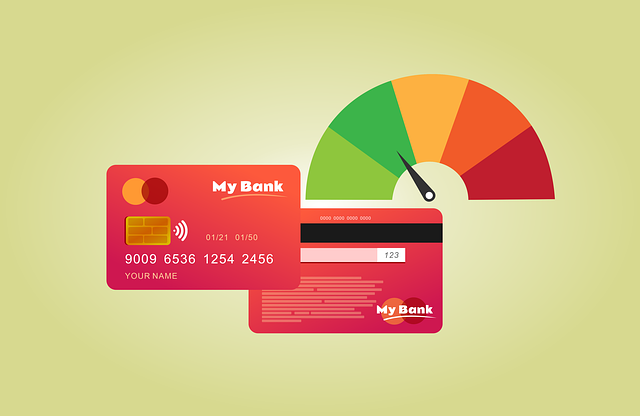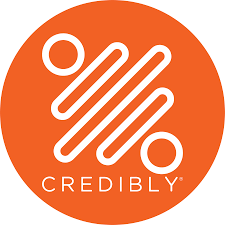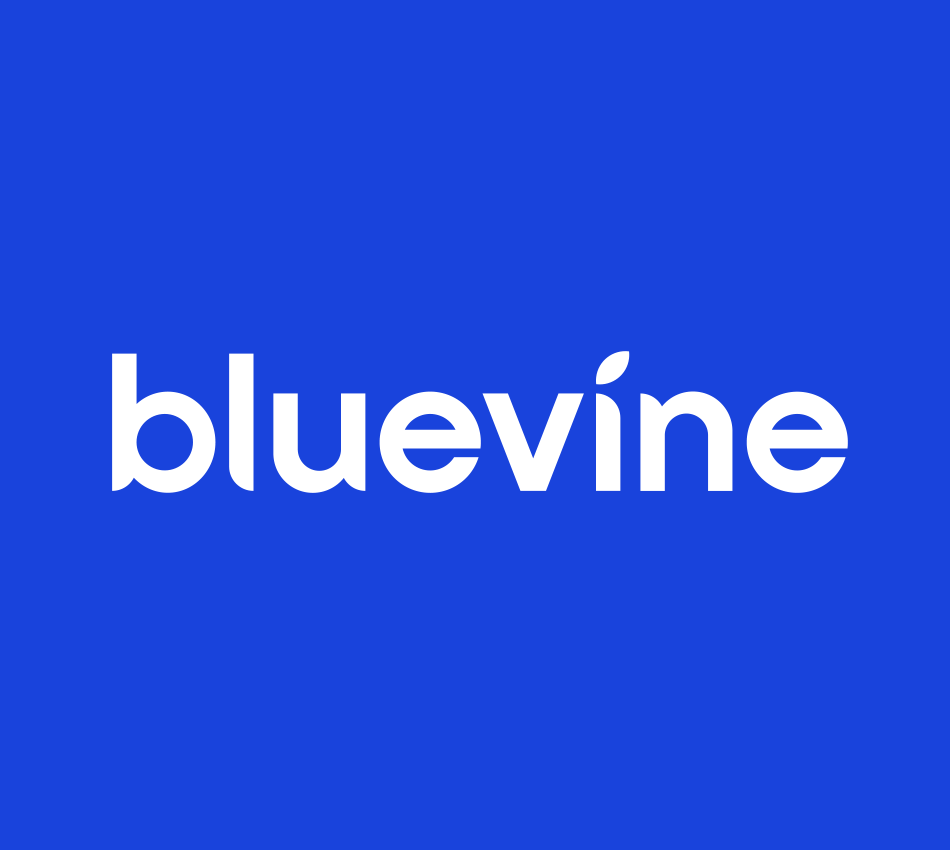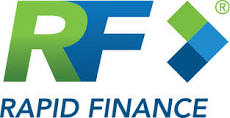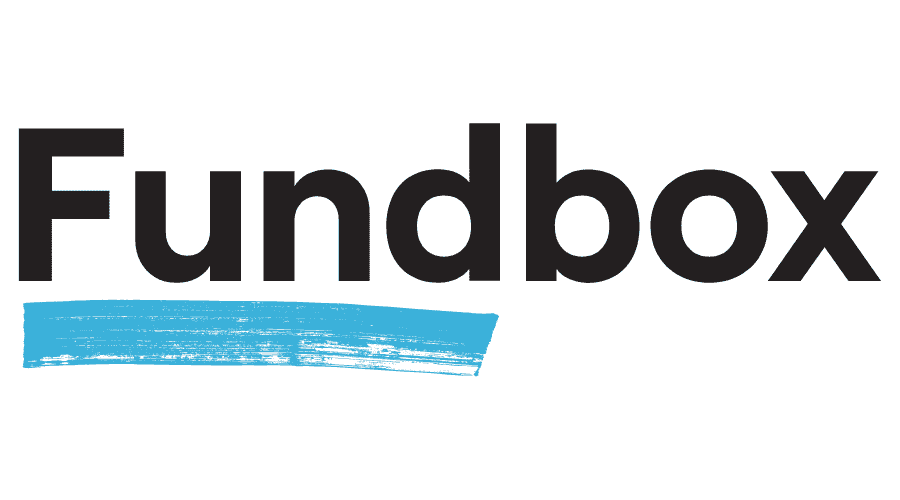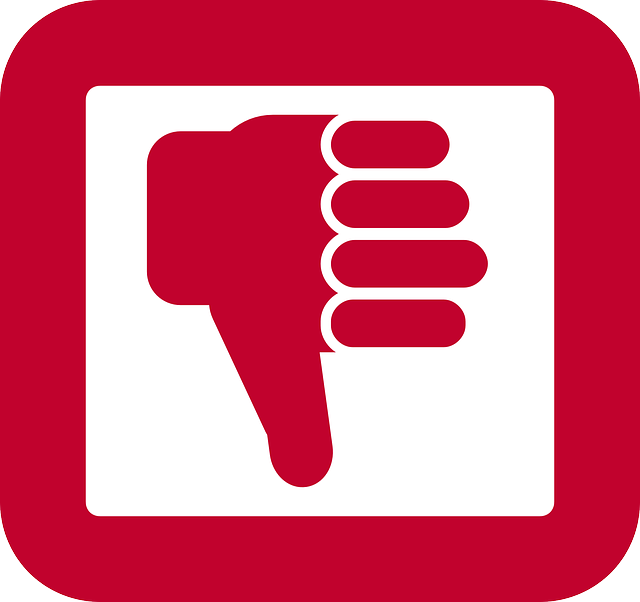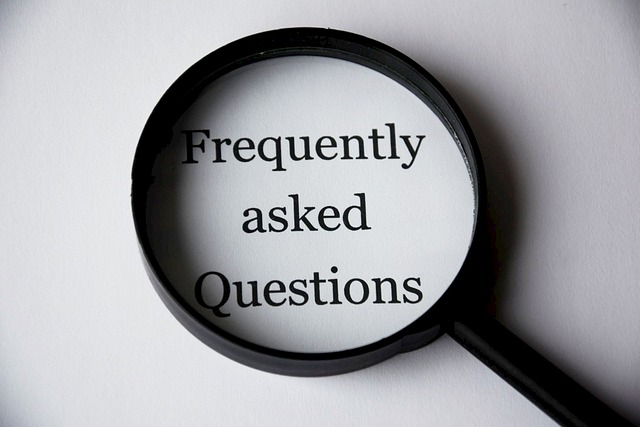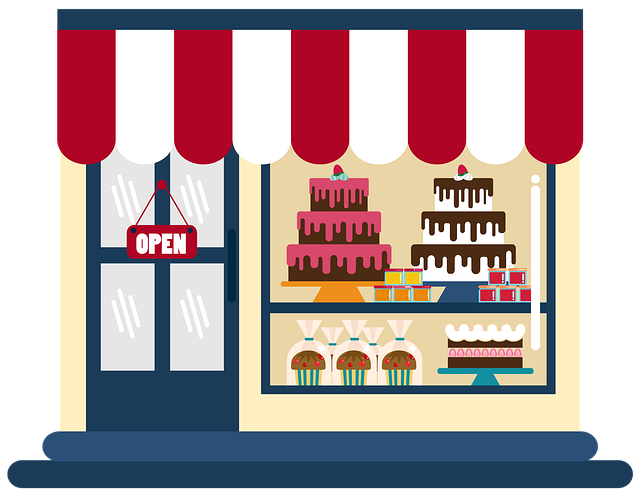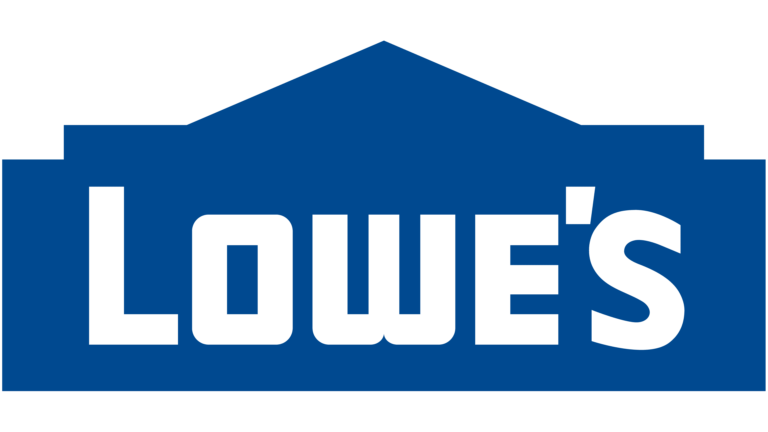What is a Bad Credit Score for Business Loans?
When business lenders review your loan application, they typically review your personal credit history and your business credit score. If you haven’t established a business credit history yet, then your personal credit score is weighed more heavily.
Personal Credit Score
Most people are familiar with a personal credit score as it plays a significant role in getting loans and credit cards. Your credit score is a major determining factor for mortgages, car loans, rental leases, and personal loans.
Personal credit scores are most commonly represented as a FICO® credit score. The three major credit bureaus, Experian, Transunion, and Equifax, all produce credit reports that impact your FICO score, which ranges from 300-850. Each bureau might have a different FICO score.
The ranges for personal credit scores are as follows:
- Excellent: 800+.
- Very good: 740-799.
- Good: 670-739.
- Fair: 580-669.
- Poor: 300-579.
As you can see, a bad or poor credit score is 579 and below. However, some lenders might consider FICO scores up to 670 as risky.
Each lender creates its own credit score scale. Some might set a cutoff at 650, while others go as low as 500.
Something to remember: A good to excellent credit score is not a guarantee of approval, but it opens the door to more options and lower interest rates. Similarly, a fair to poor credit score doesn’t mean you can’t get funding, but your options are more limited, and interest rates are higher.
Business Credit Scores
Business credit scores work a little differently than personal credit scores. The three major business credit bureaus are Experian Business, Equifax Business, and Dun & Bradstreet (D&B).
Many business credit bureaus use a scale of 1-100 but have slightly different cutoffs for a good or bad score. Generally, you’ll want a business credit score of 80 or above.
Some credit bureaus use a different scale to measure a business’s credit. For example, Equifax’s Small Business Credit Risk Score for Financial Service uses a score range of 101-992.
Small businesses are also subject to the FICO® Small Business Scoring Service™ (SBSS), used mainly in SBA loans. The SBSS aggregates the personal credit scores of up to five business owners (each at least 20%), the business credit score of the company, and financial data provided on forms 1919 and 1920. SBSS scores range from 0-300, and most businesses need a score of 155 to qualify.
See our essential guide on how to establish and grow business credit.
What Business Loans are available with Bad Credit?
Bad credit business loans through United Capital Source’s lender network have the following features:
- Max funding amount: $5k – $5 million.
- Factor rates: Starting at 1-6% p/mo.
- Term: 3 months – 5 years.
- Funding speed: 1-3 business days.
A low credit score will decrease the available business loan options. In addition, the available loans likely have the following limitations:
- Lower total borrowing amounts.
- Higher interest rates.
- Shorter terms.
- Frequent payment schedules.
These are important factors to remember to help you manage expectations when pursuing business loans with bad credit. That being said, here are some available small business loan options for bad credit.
Business Line of Credit
A business line of credit (LOC) is a flexible financing product where funds are activated as an available credit limit instead of a lump sum disbursement. A small business owner can draw funds up to the credit limit as needed.
You only pay interest on the funds you draw. Most business lines of credit are revolving, meaning the credit limit replenishes as you pay back the draw, like a credit card.
A business credit line is excellent for covering unexpected costs and smoothing cash flow gaps for a seasonal business. Examples include ongoing projects, emergencies, and taking advantage of time-sensitive opportunities.
Lines of credit are accessible for bad credit borrowers because of their flexibility. However, you might have a higher interest rate.
Equipment Financing
Most businesses need commercial equipment at some point, whether general equipment like computers, cash registers, and point-of-sale systems or specialized equipment like construction vehicles, medical equipment, and landscaping equipment. The challenge is that these pieces of machinery can be costly.
Equipment financing allows small businesses to purchase needed equipment on credit. You’ll most likely submit the invoice from the equipment vendor with your application. Once approved, the lender sends the funds directly to the vendor to purchase the equipment, which is then installed.
The lender holds a lien on the equipment while you can use it and pay it off in fixed payments. Equipment loan payments are usually monthly but could be daily, weekly, or bi-weekly, especially for lower credit borrowers.
The equipment is the loan collateral, which is why the lender holds a lien on it. If the borrower defaults, the lender repossesses the equipment in compensation. This is known as a self-collateralized loan. You might be familiar with other self-collateralized consumer loans like a mortgage or car loan.
Bad credit borrowers typically have an easier time accessing equipment financing because the collateral is built into the loan. Lenders take less risk. In addition, the business equipment should theoretically allow the company to drive more revenue, increasing the likelihood of repayment.
Merchant Cash Advance
Merchant cash advances (MCAs) are among the most accessible business funding products available. That’s large because of how they’re structured and repaid.
With an MCA, the small business owner receives a large lump sum of money, usually based on previous sales history. The borrowing amount is repaid with a percentage of future sales. Since the merchant cash advance is based on sales, funders typically don’t consider credit as heavily.
The drawbacks to MCAs are that it can be expensive, usually have short terms, and requires daily or weekly payments. Daily is more common. Since repayment comes from your sales, it can strain cash flow if you’re not careful.
Working Capital Loans
A working capital loan is usually a short-term, unsecured financing arrangement to help with a temporary working capital (aka operating capital) shortage. Working capital loans are sometimes called cash flow loans.
Operating capital refers to the money your business uses for day-to-day expenses. Examples include payroll and rent.
Working capital loans are typically to cover an unexpected cost or circumstance. As such, lenders usually approve and fund these loans quickly.
The tradeoff is that working capital loans often have high interest rates. That’s one of the primary reasons they’re accessible to business owners with less-than-stellar credit.
Accounts Receivable Factoring
Accounts receivable factoring is a funding arrangement that lets businesses that sell on credit to convert unpaid invoices into working capital. It’s also known as accounts receivable financing, accounts receivable factoring, or invoice financing.
The process involves working with a third-party financial services provider called a factoring company or factor. The company sends your business an advance based on a percentage of the invoice’s value. This is called the advanced rate; most advance rates range from 75-95%.
Once the factoring company issues the advance, it owns the invoice and collects payment from your customer(s). After receiving payment, the factoring company releases the remaining amount minus its fee.
One of the reasons accounts receivable (A/R) factoring is accessible is that it’s not a loan. The factoring company is purchasing the invoice at a discount. The fee it charges is called the factoring fee or discount rate. Most factoring rates range from 1-6%.
Another reason low credit business owners can get approved for factoring is that repayment comes from your customers, not you. However, that means factoring companies typically run credit checks on your customers to determine the likelihood of repayment.
Other available options include business term loans and SBA loans. However, these usually require good to excellent credit.
What are the Best Bad Credit Business Loan lenders?
Here’s our list of the top lenders for bad credit business loans.
Credibly
- Best for low credit scores.
Credibly is a Michigan-based alternative lender that offers working capital loans and merchant cash advances. Both products are short-term business loans with a $5k – $400k funding range. Terms are between 3-24 months.
It also facilitates other small business loans with its lending partners, which include SBA loans, long-term loans, equipment financing, lines of credit, and invoice factoring. Loan amounts and features vary by lender.
Business owners need a minimum personal credit score of 500 to qualify, one of the lowest minimum scores of any lender. SBA loans require a credit score of 620+, and lines of credit require a 600-credit score. All other loans are undisclosed. You’ll need an average of $15k in monthly revenue for some loans.
Credibly qualifications are:
- Time in business: 6 months.
- Annual revenue: $100k.
- Minimum credit score: 500.
See our complete Credibly Review for more information.
Bluevine
- Best for line of credit.
Bluevine is a highly reputable online lender that provides business lines of credit up to $250,000. It specializes in lightning-fast approval and funding times, making it an attractive option if you have an urgent funding need.
To qualify for a Bluevine business line of credit, you’ll need the following:
- Time in business: 6 months.
- Annual revenue: $100,000.
- Minimum credit score: 600.
See our complete Bluevine review for more information.
OnDeck
- Best for short-term loans.
OnDeck is a well-recognized and popular online lender offering short-term business loans and lines of credit. Its short-term loan provides up to $250k with terms of 3 months – 2 years. The business line of credit provides a credit limit between $5k and $100k.
It offers fast funding options. Same-day funding is possible for short-term loans up to $100k. Business line of credit draws between $5k – $10k are available within 30 minutes once you set up the credit line.
OnDeck qualifications are:
- Time in business: 1 year.
- Annual revenue: $100,000.
- Minimum credit score: 625.
See our complete OnDeck Review for more information.
Rapid Finance
- Best for multiple lending products.
Rapid Finance is an online lender offering a suite of products. As its name implies, the company specializes in rapid funding times. It provides small business loans, merchant cash advances, lines of credit, bridge loans, SBA loans, invoice factoring, asset-based lending, and commercial real estate (CRE) loans.
Loan amounts, terms, and rates vary by loan product. Small business loans go up to $1 million, and CRE loans up to $2 million.
The company doesn’t publish qualifications, but some online reviews suggest you’ll need a credit score of 500-550. However, you can apply with any credit score.
Rapid Finance qualifications are:
- Time in business: Undisclosed.
- Annual revenue: Undisclosed.
- Minimum credit score: Undisclosed.
See our complete Rapid Finance Review for more information.
Fundbox
- Best for quick approval times.
Fundbox is an online lending platform with a quick response time on applications, and next-day funding is possible. Its main product is a business line of credit up to $150k.
The company also has an excellent reputation for customer service. It provides additional benefits with Flex Play, Fundbox Insights, and Fundbox Plus.
Fundbox qualifications are:
- Time in business: 6 months.
- Annual revenue: $100,000.
- Minimum credit score: 600.
See our complete Fundbox review for more information.
What are the advantages of Bad Credit Business Loans?
The primary benefit of bad credit business loans is accessibility. You won’t be denied a loan due to poor credit if your business has a healthy cash flow. Strong sales can also help decrease the effect of bad credit on loan costs and terms.
You can use the funds to pay off existing debt, one of the leading causes of bad credit. However, ensure the loan you receive allows for refinancing debt, as some lenders restrict your use of the funds.
Taking out a loan and making timely payments can also help improve your credit. Not every business lender reports to the credit bureaus, so look for one that does. Even if the loan isn’t reported, successfully paying off one loan will increase your approval odds for a second larger loan with better rates and terms.
Alternative lenders are the primary source of bad credit business loans. Most provide convenient online applications with fast turnaround on approval and funding.
What are the disadvantages of Bad Credit Business Loans?
The most significant drawback is the cost. Low credit scores nearly always mean a higher interest rate. Some lenders might charge higher fees as well.
Another disadvantage is that bad credit business loans are usually short-term. Lenders want to mitigate the risk associated with lending to a borrower with bad credit, and shorter terms mean the lender only carries the risk for a brief time.
Some bad credit business loans require a personal guarantee, which is a promise to repay the loan if the business defaults. Personal guarantees bypass limited liability protections, allowing lenders to come after your personal assets.
Borrowers also face the risk of taking out the wrong bad credit business loan. Payments for these loans are supposed to be easy. However, some business loans for bad credit require more frequent payments, typically daily or weekly.
If a borrower takes out a loan with a repayment structure that isn’t conducive to their cash flow, it can create issues with repayment or working capital. Those issues could derail your operations or cause you to miss loan payments, further exacerbating poor credit. When a small business owner has run out of financing options, the pressure could result in rushing into an incorrect or bad business loan.
Pros & Cons
Pros:
- Accessible financing for borrowers with a low credit score.
- Could potentially help build or repair credit with timely payments.
- Might be able to use the funds to pay off existing debt.
- Quick and easy online applications.
- Usually fast approval and funding times.
Cons:
- Higher interest rates & fees than conventional loans.
- Lower borrowing amounts than traditional business loans.
- Typically short-term financing with frequent repayments.
- Might require collateral or a personal guarantee.
- Could require automatic payment withdrawals.
- Fewer options for lenders and loan types.
How to apply for a Bad Credit Business Loan:
You can apply for a low credit business loan with our lender network. Approved businesses we work with typically meet the following minimum requirements:
- Credit score: 475+.
- Time in business: 6+ months.
- Annual revenue: $240k.
Follow these steps to apply.
Step 1: Choose the Right Product
Bad credit business loans come in many forms. To choose the right small business loan, consider which borrowing terms pose the least risk for your cash flow. Is your business highly seasonal? Are you prone to occasional dips in revenue? Would a business line of credit, term loan, or merchant cash advance help you build your business? It would be best to consider the funds’ intended purpose since this directly affects how long it will take you to pay it back.
Step 2: Gather Your Documents
Depending on the bad credit business loans available, you may need the following documents and information:
- Voided business check.
- Bank statements (3 Months).
- Credit card processing statements (3 Months).
- Accounts receivable aging report.
- Accounts payable report.
- Driver’s license.
Step 3: Complete Application
You can begin the application process by calling us or filling out our one-page online application. Either way, you’ll be asked to enter the information from Step 2 above, along with your desired borrowing amounts.
Step 4: Speak to a Representative
Once you apply, a representative will contact you to explain the repayment terms & percentage rate of your available small business financing options. This way, you won’t have to worry about surprises or hidden fees during repayment.
Step 5: Receive Approval
The bad credit business loan application process generally takes a few business days, depending on your chosen product. Once the file is approved and closed, a lump sum of funds should reach your checking account in 1-2 business days.
Frequently Asked Questions
Here are the most common questions about bad credit business loans.
Who provides Bad Credit Business Loans?
There are several options when considering a business loan for poor credit.
Online Lenders
Online lenders are usually more willing to work with low-credit borrowers for various reasons. Online lenders are also called alternative lenders or financial technology (fintech) lenders. Most are non-bank financial institutions that have more flexible underwriting requirements. In addition, alternative lenders use fintech tools to quickly analyze a business’s financial performance and base approval on cash flow rather than credit score.
CDFIs
A Community Development Financial Institution (CDFI) is a private financial institution that serves low-income individuals, minorities, and other economically disadvantaged groups to access economic opportunities. If you’re a small business owner in an underserved community, you might be able to partner with a CDFI for business funding. The organizations offer business owners funds as a way to improve the local economy.
Microlenders
Some nonprofits and government agencies provide microloans, which are loans for $50k or less. Microloans often have competitive rates and fewer fees. Some will provide funding for credit-challenged business owners or startups. A primary example is the SBA Microloan.
Your Bank or Credit Union
Traditional lenders like banks and credit unions typically do not offer business loans to borrowers with low credit scores. However, if you’re business already has an account, the bank or credit union might be more flexible. You may consider starting a conversation with your bank about lending possibilities.
How do I choose a Business Loan for Bad Credit?
Here are some important considerations when selecting a business loan for bad credit.
Loan Options
There are many loan options to consider, and selecting the right one comes down to how much funding you need and how you plan to use the funds. For example, equipment financing won’t help if you need funds to purchase inventory. Create a plan for how the funds will help you grow your business, and then find the loan options that most closely meet your plan.
Costs
You also want to compare the costs associated with different loans. Consider interest rates, factor rates, and fees. Bad credit business loans are typically more expensive, but you can help mitigate those costs by shopping around for the lowest-cost option.
Funding Time
Creating your plan for using the loan funds should include a timeline for when you need the money. If you have an urgent funding need, you’ll need a lender that can provide fast funding. If you don’t have an urgent need, you might be able to save some costs with a slower funding option.
Lender Comparison
Not all lenders are the same. Some will try to help your business with a bad credit bridge loan that will open the door to more advantageous funding options in the future. Others are predatory lenders that see a low credit score as an opportunity to take advantage of your business. Thoroughly research your lender options by reading lender reviews and visiting review sites like the Better Business Bureau (BBB) and Trustpilot. Look for lenders with a good reputation and high review ratings.
How should I prepare for a Bad Credit Business Loan?
The following steps could help you prepare for a business loan if you have a low credit score.
Check Your Credit
The first step is to check your credit score. Many financial companies provide credit monitoring, and you can get one free credit per year.
Knowing your credit score and credit report lets you know what loans you can access. It can also help you identify the issues negatively impacting your credit score.
Improve Your Credit
You can take the following actions to boost your credit score:
- Pay down debt: Credit utilization refers to the percentage of your available credit you’re currently using. Credit utilization below 30% is considered ideal. If your utilization is higher than that, paying down your debt to get below 30% can quickly improve your score. You can also try opening new credit accounts to increase your available limit but be careful because opening a new account can temporarily hurt your credit score.
- On-Time Payments: Making your payments on time and in full helps build and improve credit. Ensure you don’t miss any payments before applying for a business loan. If your report shows late payments, but you’re currently caught up, you can try contacting the financial company to see if they’ll remove the late payment from your report.
- Keep Credit Accounts Open: The age of your credit accounts makes up 15% of your credit score. Don’t close any of your older credit accounts before applying.
- Credit Mix: Having various types of credit, including credit cards, personal loans, auto loans, mortgages, etc., also helps improve credit scores. Again though, be careful opening new accounts.
Determine What You Can Afford
Business lenders use debt service coverage ratio (DSCR) to determine how much your business can afford to borrow. A high DSCR can also help offset some of the risk associated with lending to a low-credit borrower.
Calculating your DSCR is easy. The formula is:
Cash Flow ÷ Loan Payment = DSCR
For example, suppose your monthly cash flow is $4,500. You project the payment on your small business loan (principal and interest) is $1,500. You would divide $4,500 by $1,500 to determine your DSCR:
$4,500 ÷ $1,500 = a DSCR of 3, which is excellent. Most lenders look for a minimum DSCR of 1.25; a DSCR over 2 is ideal.
Increasing your available cash flow can help increase DSCR and make your business more attractive to lenders. However, that’s easier said than done. Even so, reviewing your expenses for any costs you can cut from the budget would be advisable.
Consider a Cosigner
Getting a cosigner with excellent credit can help with loan approval. However, not all business lenders accept cosigners. In addition, the cosigner is taking a risk with their own credit if the business defaults. Discuss the pros and cons of a cosigner with your business partners.
Consider Collateral
Another way to help offset a low credit score is with collateral. While many bad credit business loans are available as unsecured financing (no collateral), pledging high-value assets reduces the risk for lenders. Take stock of your available assets, if any, and which ones you’d be willing to risk in a loan. Examples include commercial real estate, equipment, inventory, and liquid assets.
It would be best to avoid using personal assets as collateral for a business loan. As a general rule, always keep business and personal finances separate.
Prepare Documentation
A small business loan application often requires significant documentation. While some loans, like a merchant cash advance, might only need a few bank and credit card statements, a traditional business loan requires much more in-depth financial records.
Prepare the following documents ahead of time:
- Business plan.
- Budget.
- Income, balance sheets, profit and loss, and cash flow statements.
- Business bank account statements for the last six months (or longer).
- Personal bank statements.
- Business tax returns for the previous 2-3 years (if applicable).
- Personal tax returns for the previous 2-3 years.
- Business licenses, permits, and contracts.
- Lease or deed for business property.
- Resume.
- Government-issued ID.
- Proof of collateral.
Study the Loan Agreement
Ensure you fully understand the loan agreement once you receive an offer. The contract spells out the costs and responsibilities of the loan. Look for any hidden fees or clauses that could jeopardize your business.
Review these crucial components of the loan agreement:
- How much you’re borrowing (principal).
- How much you’re repaying (principal + interest and fees).
- The terms of the loan: how long you have to repay it.
- Payment frequency: Daily, weekly, bi-weekly, or monthly payments.
- Amount due for each payment.
- Payment mechanism: Manual payment from a bank account, automatic payment from a bank account (ACH), payment from the credit card reader, etc.
- Late payment penalties.
- Prepayment penalties or early payment discounts, if any.
- Amortization schedule, if applicable.
- Personal guarantee requirement, if any.
Can I get a small business loan with Bad Credit?
Getting a business loan with bad credit is possible, but it’s important to have realistic expectations going into the process. A low credit score means getting a loan is more challenging and expensive. Many lenders that lend to poor credit business owners still have a cutoff range. Most won’t consider lending to borrowers with scores below the 450-550 range.
You also might not be able to get a loan in the technical sense. Merchant cash advances and invoice factoring are more accessible because they’re not loans; they are business-to-business transactions with the purchase of receivables. Funders approve low-credit borrowers for these funding arrangements because the repayment comes from the business’s sales.
What credit score is needed for SBA loans?
The US Small Business Administration (SBA) oversees the program but doesn’t set a credit score requirement for SBA loans. However, you can’t apply directly to the SBA either.
Instead, small business owners must apply to an approved financial services company, which could be a bank, credit union, or alternative finance facilitator like UCS. Each lending institution sets its own credit score requirement for an SBA loan.
Since the SBA partially guarantees the loans, you might think lenders would have looser credit score requirements. Unfortunately, most lenders require a higher credit score for SBA loans than most alternative loans.
Approved businesses we work with usually have a minimum credit score of 650. See our SBA loan page for more information.
What are my options if I can’t get a Bad Credit Business Loan?
Some credit scores are too low to qualify for bad credit business loans. Here are a few alternative options to a small business loan.
Business Credit Cards
It’s typically easier to qualify for a business credit card than a business loan. Most credit card companies don’t require a long time in business, so it’s also an option for startups.
Vendor Trade Credit
Many vendors or suppliers you work with will offer trade credit, typically on net-30 terms. With trade credit, you get the supplies or inventory you need on credit and add the amount owed to your accounts payable (A/P). Net-30 terms mean you must pay the invoice within 30 days. When using trade credit, look for vendors that report to the business credit bureaus (Experian, Equifax Business, and Dun & Bradstreet). Building your business credit will help you qualify for a small business loan.
Personal Loans
Getting a personal loan to support your business might be possible if you don’t have the business history to qualify for commercial loans. Using a personal credit card or your savings, if applicable, might also be possible.
However, be cautious about using personal loans, credit cards, or personal savings for business. As mentioned, keeping your personal and business finances separate is best.
Equity Financing
Another option to raise capital for your business is with equity financing. In this method, you sell a portion of the company’s ownership stake to an investor for an infusion of capital. The drawback to this method is losing some of your ownership, and most investors will want some influence over the company’s direction, usually with a board seat.
Crowdfunding
Some startups and other companies raise capital through crowdfunding. These microdonations from friends, family, and fans can help you acquire business funding when you have a low credit score.
Best Business Loans for Bad Credit – Final Thought
Bad credit business loans are a viable option if you need the funding, but you must take extra precautions that the loan will help your business rather than create more problems. Ensure you understand the costs involved and make a budget. You want to use the money to grow the business and revenue while maintaining payments.
The limited financing options for low-credit business owners might tempt you to accept the first offer. Some of the more unscrupulous lenders might prey on those feelings to pressure you into taking a loan that won’t help your business. It would be best to take a step back and compare offers from different lenders and find the loan that best meets your goals and budget.
Working with a lending marketplace or business loan broker could help as well. Many marketplaces, like UCS, maintain relationships with a network of lenders. They can help you find multiple offers and negotiate the best deals on your behalf.
Contact us if you have more questions on business financing with bad credit or to apply for financing. Our loan experts can help you find the best funding options for your credit score and business goals.


